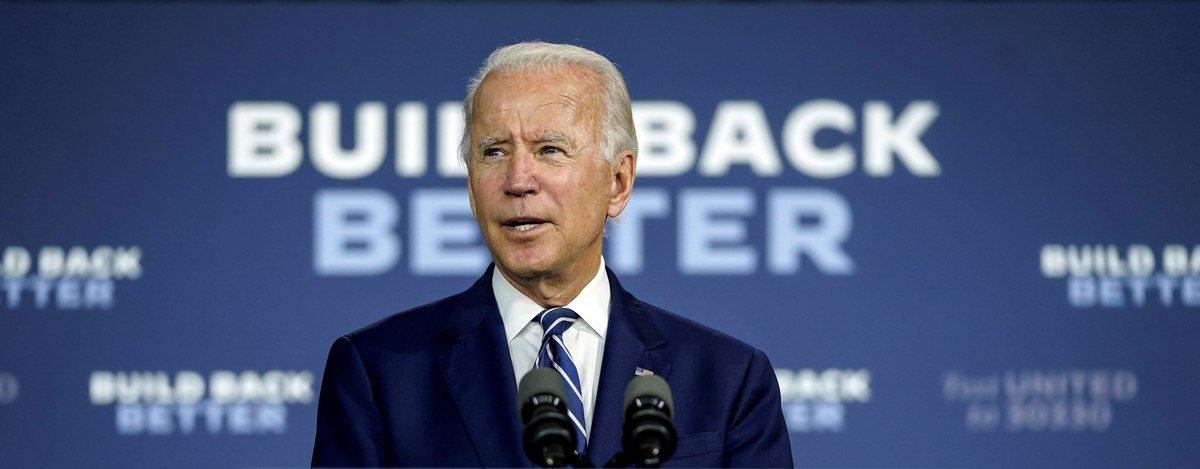With less than a week to go before November 3, America’s voters nationally continue to give the Democrat, former Vice President Joe Biden, a significant lead in his contest against Republican President Donald Trump.
Record numbers of voters have already made their preferences final by casting an early ballot, either in-person or by mail. In the latest Economist/YouGov Poll, half of all likely voters say they have voted. Among these voters, Biden leads by an even wider margin.
It is worth noting that the share of likely voters who have already cast their vote in this poll is slightly higher than the total early vote collected from state election offices. It includes voters whose mail ballots may have been mailed and not yet received, as well as those whose votes have not yet been reported by state offices.
While the early vote is heavily for Biden, the vote outstanding favors the incumbent Trump. There are few minds left to change. Only 3% of those who have yet to vote say their minds could still change between now and when they do vote.
The national Biden lead seems stable. In the last month, Biden’s lead among likely voters has remained between nine and eleven points, statistically the same each week. In addition, Biden’s share of the total vote has reached and remained at or around 50%, something that was not typically seen four years ago.
Biden has another advantage. He is better liked than the President and his favorable rating among likely voters has improved in the last month. It is now 53% favorable to 46% unfavorable; at the beginning of the month, voters were divided evenly about Biden. On the other hand, evaluations of the President have changed little: this week 43% of likely voters have a favorable view of him, while 51% are unfavorable.
Democrats worried about a 2016 repeat should know: Biden is stronger among many groups that rejected Clinton
The former Vice President is strong in voting groups that Hillary Clinton was not, and it appears he is gaining support among those who did not vote for either a Democrat or a Republican in 2016.
Biden also leads among political Independents, white women, those who live in suburbs, and even in small cities, all of which favored the President in 2016. He has also clawed back votes from union members and households, who had supported the Republican candidate in 2016 at rates not seen since Reagan (although they still tended to prefer Clinton).
The President continues to have sizable support in rural areas, among Catholics (two of the three Supreme Court Justices he has appointed are Roman Catholics), and with veterans. However, current military households are split between the two candidates.
White voters overall still favor the President, as they did in 2015.
Most Democrats and Republicans expect their own candidate to win
Voters have been paying attention to the election – and even to the polls – and most likely voters (55%) believe Biden will carry the popular vote. Earlier this year, Democratic voters hadn’t been sure Biden could defeat Trump. Now, 91% of Biden supporters expect him to win the popular vote, although 70% of the President’s supporters are still convinced their own candidate will gather the most votes.
But when it comes to the Electoral College, expectations are more divided, with greater concern among Biden supporters. Only two in three of them think their candidate will carry the Electoral College, with nearly a third aren’t sure what will happen. The vast majority (85%) of the President’s voters believe he will carry the Electoral College once again.
See the toplines and crosstabs from this week’s Economist/YouGov Poll
Methodology: The Economist survey was conducted by YouGov using a nationally representative sample of 1,500 registered voters interviewed online between October 25 - 27, 2020. This sample was weighted according to gender, age, race, and education based on the American Community Survey, conducted by the US Bureau of the Census, as well as 2016 Presidential vote, registration status, geographic region, and news interest. Respondents were selected from YouGov’s opt-in panel to be representative of all US citizens. The margin of error is approximately 3.1% for the overall sample.
Image: Getty









